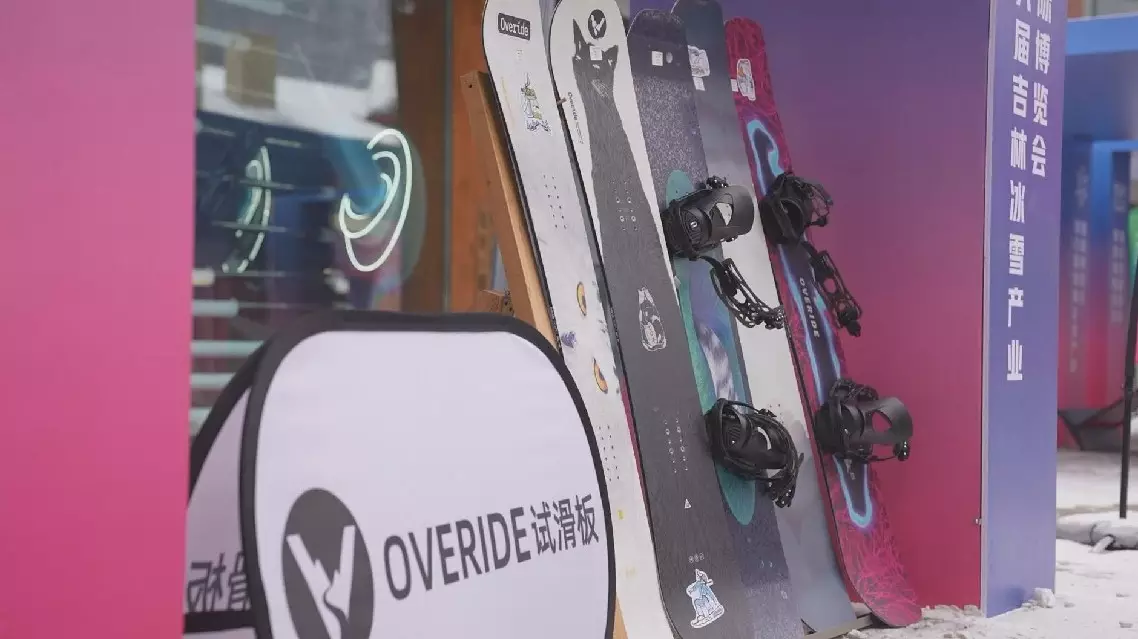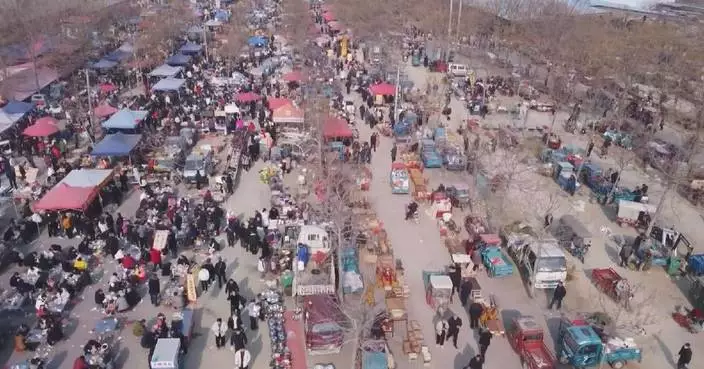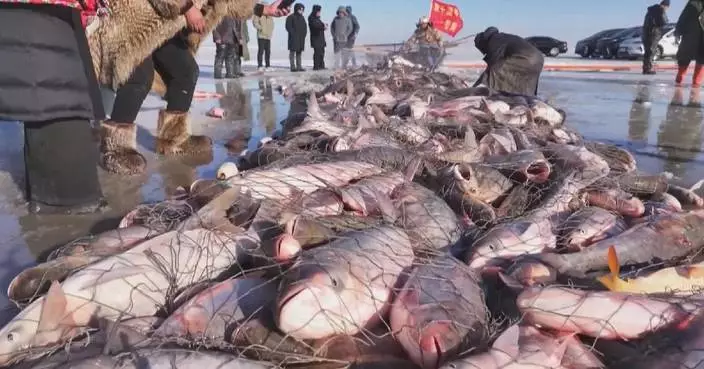Malaysian Prime Minister Anwar Ibrahim emphasized that Malaysia and China have made significant progress in promoting cultural and people-to-people exchanges through initiatives such as promoting the lion dance and facilitating visa-exempt travel.
Earlier this year, the two countries agreed to jointly apply for the inclusion of the lion dance on UNESCO's Representative List of the Intangible Cultural Heritage of Humanity. Both nations applauded the lion dance as a shared historical and cultural treasure and committed to preserving this cultural legacy together.
In an interview with China Media Group in Beijing, aired on Friday, Ibrahim emphasized the lion dance's importance in enriching Malaysia's cultural fabric.
"In Malaysia, lion dance [is featured] in always every single function. They (Malaysians) don't wait for the Lunar [New] Year. Particularly [in] the ethnic Chinese community, I always see a lion dance. Never mind the noise, but then it is enriching our culture. Malay Muslims are the majority, but it [lion dance] is part of the culture. We do accept it and embrace it. So when it comes to jointly promoting the lion dance with China, it doesn't come as a problem at all," said the prime minister.
Additionally, China has extended its visa-free entry policy for Malaysians until the end of 2025, and Malaysia has reciprocated with a similar policy for Chinese citizens.
Regarding the impact of these visa policies, Ibrahim noted that they have provided a significant boost to Malaysia's tourism industry, which saw a 186-percent increase in Chinese tourist arrivals from September to October this year.
"It is extremely or largely significant because it has propelled the number of tourists from China -- also from Malaysia [to China] -- but mostly from China because it is a big country [with a] huge population. I think [Malaysia saw] a 186-percent increase [of tourists from China] from September to October this year. So, it is something which is of great and immense help to the tourism industry," Ibrahim said.

Malaysian PM hails growing cultural, people-to-people exchanges with China

Malaysian PM hails growing cultural, people-to-people exchanges with China









